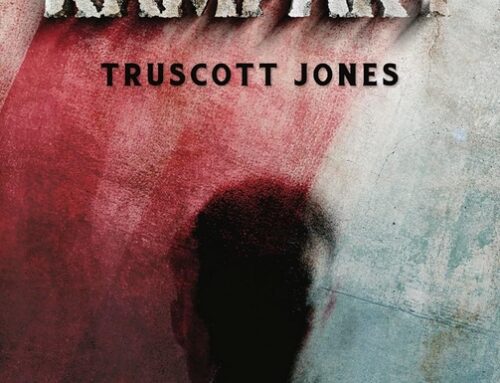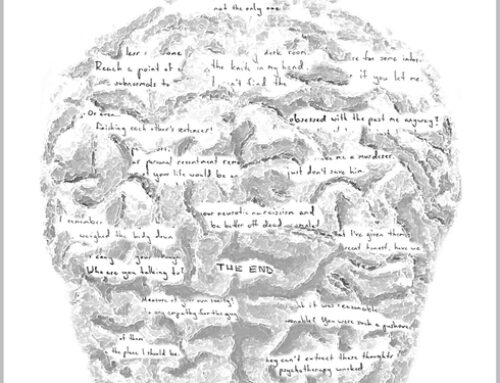
Partly due to internal factionalism, Chowdhury asserts, Iran and its oil reserves were traditionally an easy target for outside domination – Ottoman, British, Tsarist, Soviet, and American. After long centuries of oppression as a minority sect of Islam, the Shias finally rose to prominence after their successful 1979 rebellion. But Shia leaders now face major internal problems: Poverty is rife, Iran’s youth are restless for employment opportunities and links to the West, while the ruling clerics are bogged down in a twisted legacy of past betrayals.
A Global Policy Institute Fellow, and Professor at BAU International University, Chowdhury offers an in-depth analysis of the complex Iranian situation, with historical and newsworthy facts that anyone interested in the fate of the region would do well to study. He reminds us that Iran is one of the stronger Middle East democracies, on a par with the state of Israel, and sagely notes that while now the clerics regard nuclear power as a source of electrical energy, “tomorrow the purposes of it could be otherwise.”
Given some of the bellicose rhetoric about the region, this book is exceptionally well-timed, offering a measured look at the country that acknowledges deep-rooted problems, but also the historical reasons for Iran’s current situation.
Book Links
Get an Editorial Review | Get Amazon Sales & Reviews | Get Edited | Get Beta Readers | Enter the SPR Book Awards | Other Marketing Services






















Leave A Comment